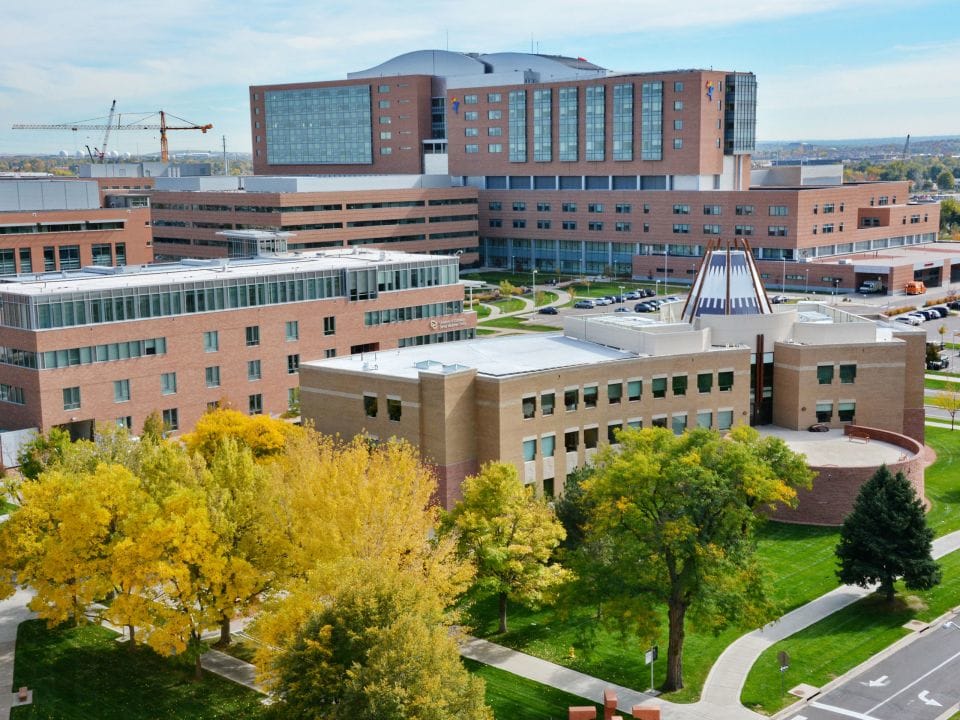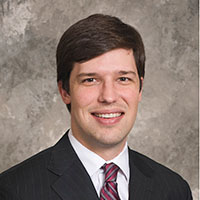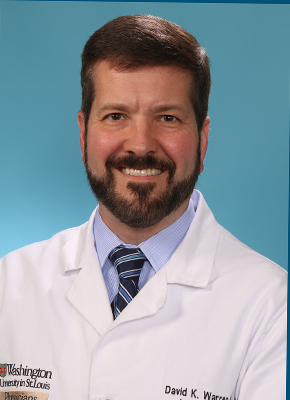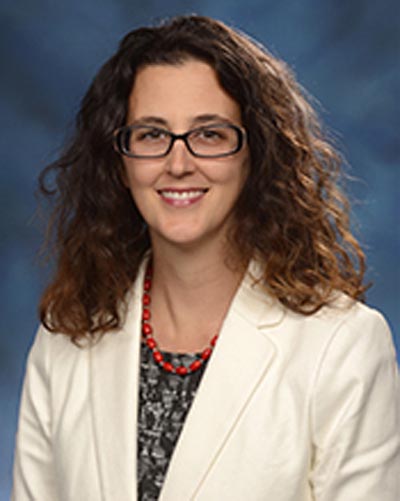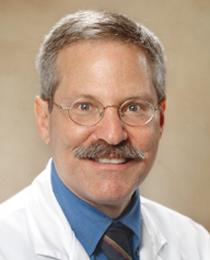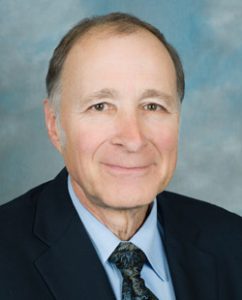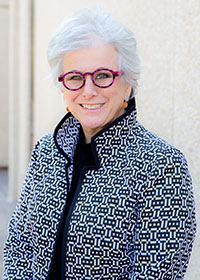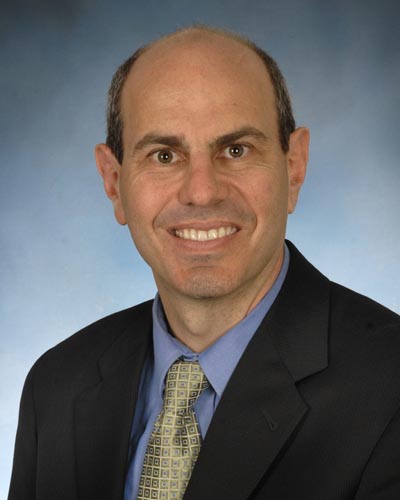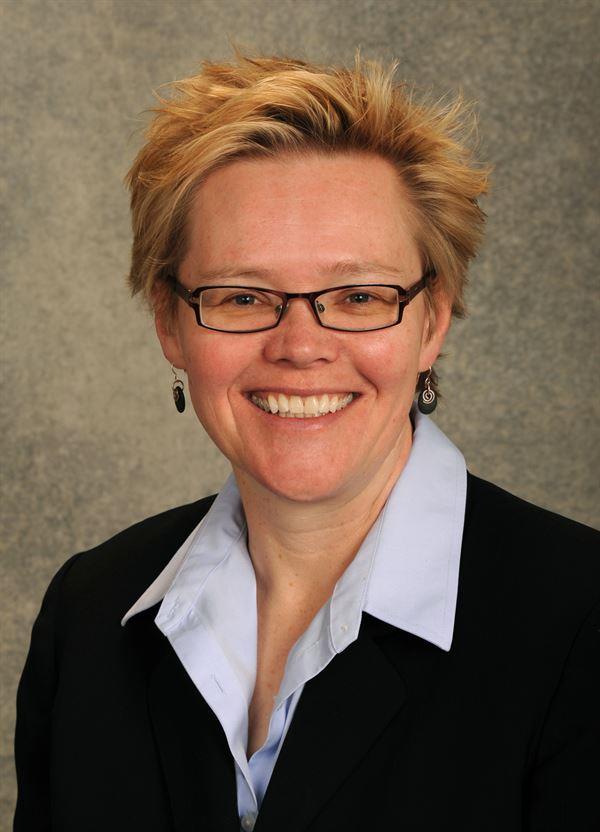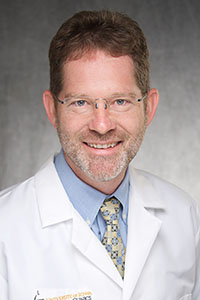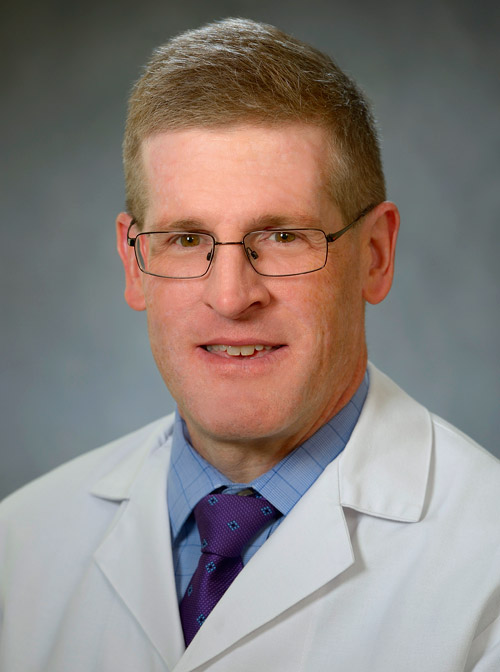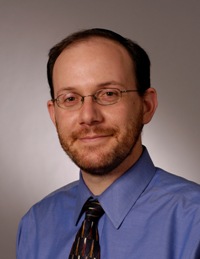A Brief History of the
Fellows’ Course
At its inception nearly two decades ago, the course was a small and simple collaboration of field experts and their own trainees. Now in its 24th year, the course has gained national renown and attracts participants from across the United States. This three-day training course offers an interactive series of sessions on basic healthcare epidemiology, infection prevention strategies, healthcare-associated infections and problem pathogens.
This course includes didactic lectures and panel discussions with world-renowned faculty from various specialties. It meets requirements for Infectious Disease fellows for course work in healthcare epidemiology and infection prevention as outlined by the American Board for Internal Medicine.
Learning Objectives
Review the epidemiology and risk factors for developing healthcare-associated colonization and infection
Review the evidence supporting commonly utilized infection prevention and control strategies for healthcare-associated infections and antibiotic stewardship programs
Effectively respond to questions about exposure to communicable diseases and appropriate prevention and control strategies for healthcare associated infections
Understand the impact that healthcare-associated infections and antimicrobial resistance play in patient safety
List strategies that are effective in mitigating healthcare-associated infections and antimicrobial resistance
Discuss and review the career opportunities in healthcare epidemiology and antibiotic stewardship
Who Should Attend?
Physicians and other healthcare providers, including Infectious Diseases, Pulmonary, and Critical Care fellows, residents, and other practitioners interested in healthcare-associated infections and antimicrobial resistance. Sponsors may also find attending the course beneficial, ensuring interaction with the rising cadre of practitioners in infectious diseases.

